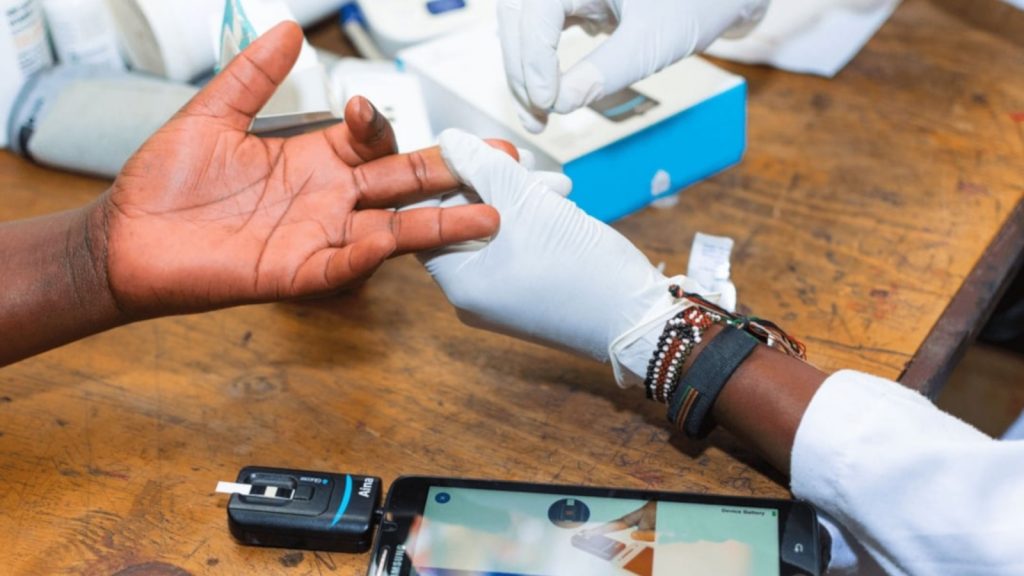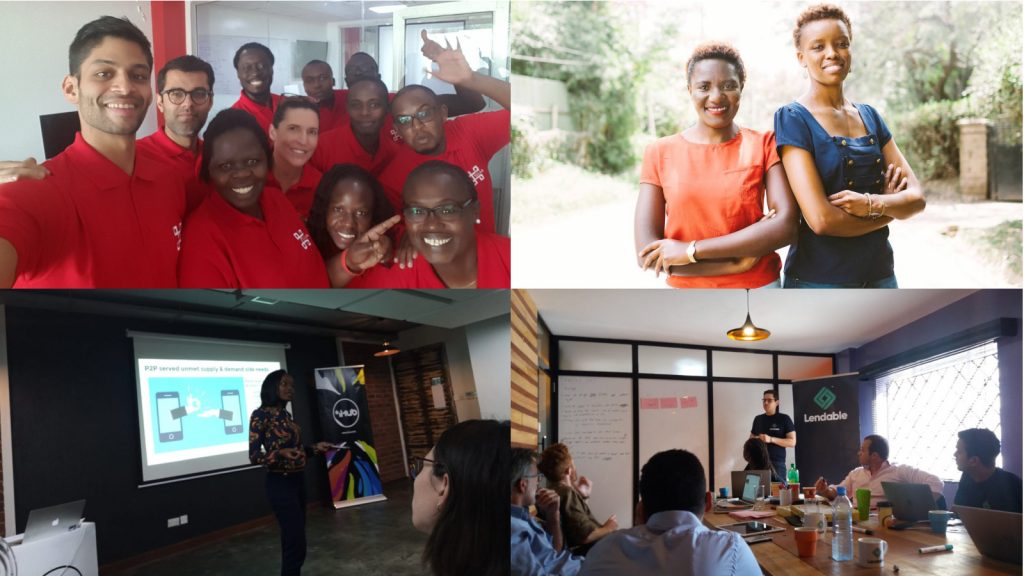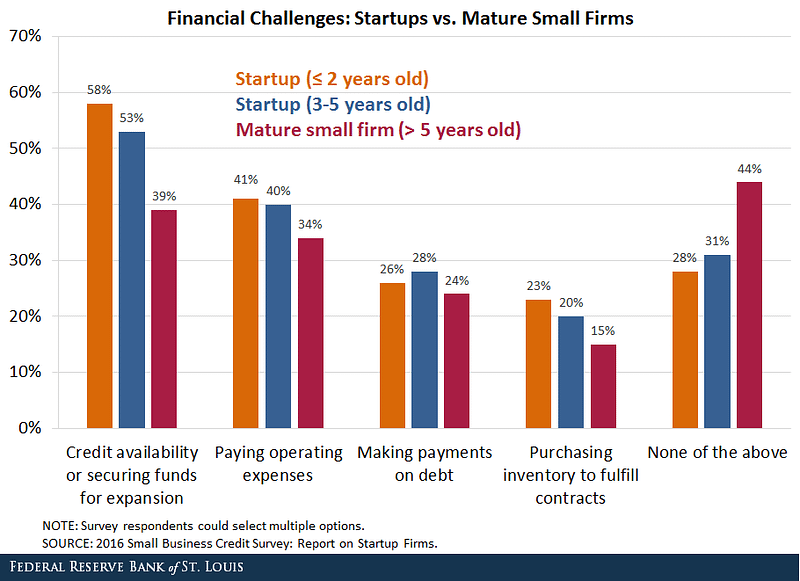Kenyan Startup Launches AI-based Shop Assistant System
Phindor, the Kenyan startup, has launched a next generation shop assistant system that employs artificial intelligence (AI) to help local businesses digitise record management, data collection and storage.
What started as a website helping users find and compare pricing for school items, Phindor has however, shifted focus in 2018 to offering data management and analysis services.
According to the co-founder Pheneas Munene, “We decided to work towards creating a simple, lightweight and affordable app to help businesses capture data, keep it and use AI to draw insights from this data, just like giant companies are doing,”

That vision finally became a reality in January, when the Phindor app launched. A business assistant application, it enables businesses to seamlessly record sales data both online and offline, get customer feedback from automated surveys, generate smart supply chain networks for both retailers and suppliers, analyse and recommend markets and customer segments, and predict business performance. It also allows for market and product tracking.
Read also : Egyptian Fintech Startup Khazna Obtains Final Approval From Central Bank Of Egypt
“We are enabling them to apply the power of AI to make sense of this data by helping them segment customers in their markets, generate smart supply chain networks, analyse their markets and predict future performance of their businesses, as well as track sale items over time to enable them to make proper purchase decisions, just the same way we track currencies and stocks,” Munene said.
Self-funded for now, the startup has registered almost 500 users since January. Munene said Phindor’s user segment is mostly underserved when it comes to business technology.
“It is usually “wow” moments when we walk into someone’s shop and explain to them what the app can do. Surprisingly for us, we found out that most of the users had ideas of such a product but have never had a solution that fits all these needs in such a way they would adopt it. We have had challenges explaining the app to the least tech-savvy, but overall, the adoption has been smooth,” he said.
Read also : DPO Group Enables USSD Payment Option in Nigeria
Currently operating in Kenya, the startup is seeking funding to acquire more users and expand to Nigeria, Rwanda and Ghana, and later the rest of Africa.
“We charge our users a small percentage of their monthly sales on top of a flat rate of US$5 a month that can be broken to weekly or daily payments,” said Munene.
Kelechi Deca

Kelechi Deca has over two decades of media experience, he has traveled to over 77 countries reporting on multilateral development institutions, international business, trade, travels, culture, and diplomacy. He is also a petrol head with in-depth knowledge of automobiles and the auto industry









